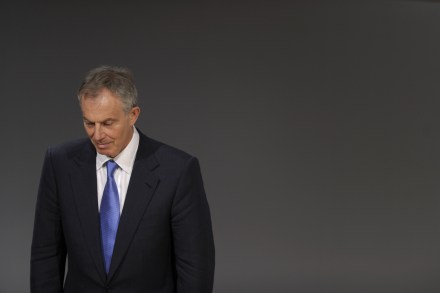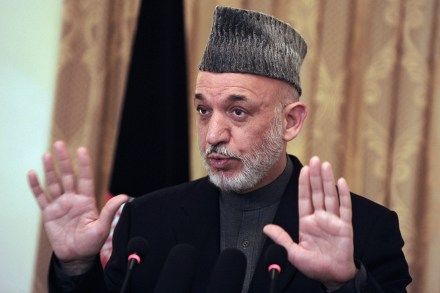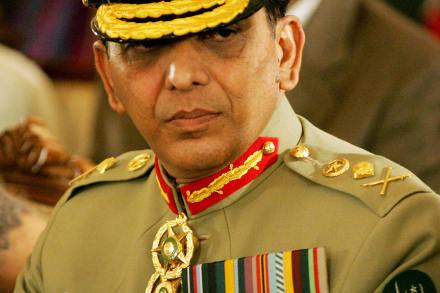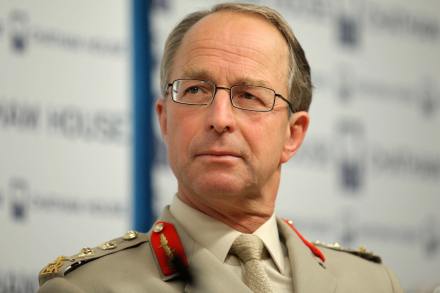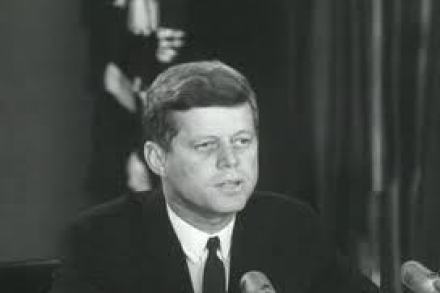Time for an Afghan Inquiry
The Iraq Inquiry had been conspicuously silent, but now John Chilcot’s team has called Tony Blair to give evidence again. It’s expected that our former PM will make the trip to the Queen Elizabeth II centre early next year. That would push the expected deadline for the inquiry’s work finishing – at the end of this year – into 2011. Few people, however, expect the inquiry to say anything novel or get Tony Blair to say anything different than before. Its well-phrased final report may change policy in the margins – but in the security establishment there is little question of what needs doing. RUSI has published reams of reports
